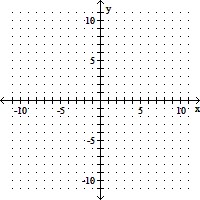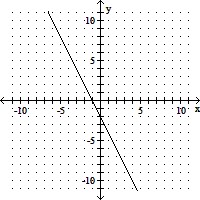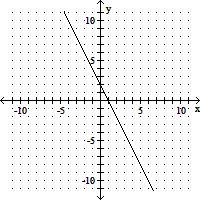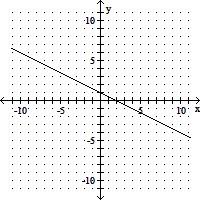Translate the situation into mathematical language. You need not actually solve the problem.A rectangle's width is one-fourth its length and its perimeter is 43 m. Find the dimensions of the rectangle.
A. Let L represent the rectangle's length; 43 = 2L + 2
B. Let L represent the rectangle's length; 43 = 2L + 2
C. Let L represent the rectangle's length; 43 = L 
D. Let L represent the rectangle's length; 43 = L + 
Answer: A
You might also like to view...
Determine if the series converges absolutely, converges, or diverges.
A. Diverges B. converges absolutely C. Converges conditionally
Solve the problem.The 100th term in the arithmetic sequence 3, 7, 11, 15, . . . is
A. 407. B. 103. C. 399. D. 403. E. none of these
Graph the linear equation.-2y = x - 2
A. 
B. 
C. 
D. 
Find the critical point(s) of the function. Then use the second derivative test to classify the nature of each point, if possible. Finally, determine the relative extrema of the function.
?

A. 
B. 
C. 
D. there are no critical points


